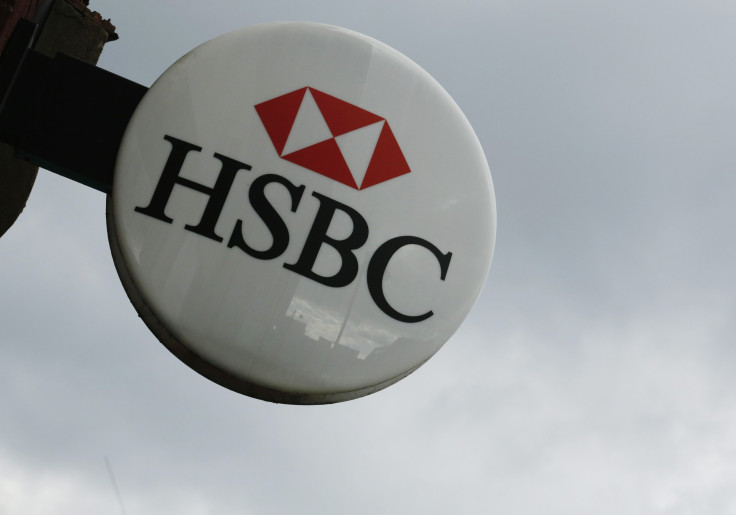US Veterans Sue Banks, Alleging Terrorist Connections

The attacks happened in Baghdad, but the victims are suing Wall Street. A group of more than 200 U.S. veterans and their families have filed suit against HSBC, Barclays, Standard Chartered, the Royal Bank of Scotland and Credit Suisse, alleging that the banks helped send money from Iran to militant groups in Iraq who targeted American soldiers during the Iraq War.
The lawsuit, filed earlier this week in U.S. District Court in Brooklyn, New York, is the latest in a slew of cases in which victims of terrorist attacks are targeting banks for their alleged connections to militant groups. It comes just two months after Arab Bank PLC was found liable for supporting Hamas during a series of attacks in Israel between 2001 and 2004, since it actively helped militants distribute money to perpetrators or their surviving families as payment for the attacks. The court has yet to rule on the amount that victims will be compensated.
Jimmy Gurule, a law professor at the University of Notre Dame, said such lawsuits are likely to spread.
“The verdict in the Arab Bank case is likely to embolden plaintiffs,” Gurule said. “They think that if the jury was willing to find against a bank in the Arab Bank case, they’ll find against banks in a similar case.”
The Arab Bank result placed a new emphasis on international banks and their possible connections to terrorist groups. Lawyers have been suing international institutions under the U.S. Anti-Terrorism Act, which allows for victims of attacks from any U.S.-designated foreign terrorist organization to seek compensation from institutions that provided any kind of material support.
And the stakes are high. In ATA cases, any court-ordered damages are automatically tripled, and the losing party is required to pay all legal fees the other side incurred during the process.
In the latest lawsuit, the plaintiffs include veterans, families of soldiers who were killed and the family of a journalist who died during attacks between 2004 and 2007. Their lawsuit details dozens of attacks on American military and citizens in Iraq during the war, and alleges that the five banks helped finance these activities, indirectly, by doing business with Iran, which in turn financed militant groups such as Hezbollah and the Islamic Revolutionary Guard Corps-Qods Force.
All of the banks are international, mostly European, but have substantial operations in the U.S. As in other terrorist finance cases, it’s not possible for victims to sue the militant groups, or even the state sponsors, since neither of these have seizable assets in the United States.
The complaint alleges that an ongoing “conspiracy,” which started in 1987, allowed Iran to transfer “hundreds of millions of dollars to Hezbollah, the IRGC-QF and other terrorist organizations actively engaged in murdering and maiming U.S. servicemen and civilians in Iraq.”
These claims are mainly drawn from earlier agreements between the same banks and the U.S. Department of Justice, which found that they and other banks had violated American sanctions while working in Iran. The banks have already paid more than $3 billion in settlements.
But with the new charges, “conspiracy” may be difficult to prove.
“Conspiracy requires an agreement, a shared purpose,” Gurule said. “There was a conspiracy to avoid economic sanctions, definitely, but not necessarily to kill Americans.”
Arab Bank was found to have worked directly with Hamas members, but this new case alleges only that these banks worked with Iran, which had its own connection to militant groups.
But Gary Osen, one of the lawyers who filed the latest lawsuit, said the distance doesn’t matter.
“Each defendant understood that their conduct was part of a larger scheme engineered by Iran,” he told Reuters, adding that at the very least they were “deliberately indifferent” about transactions processed.
© Copyright IBTimes 2024. All rights reserved.





















